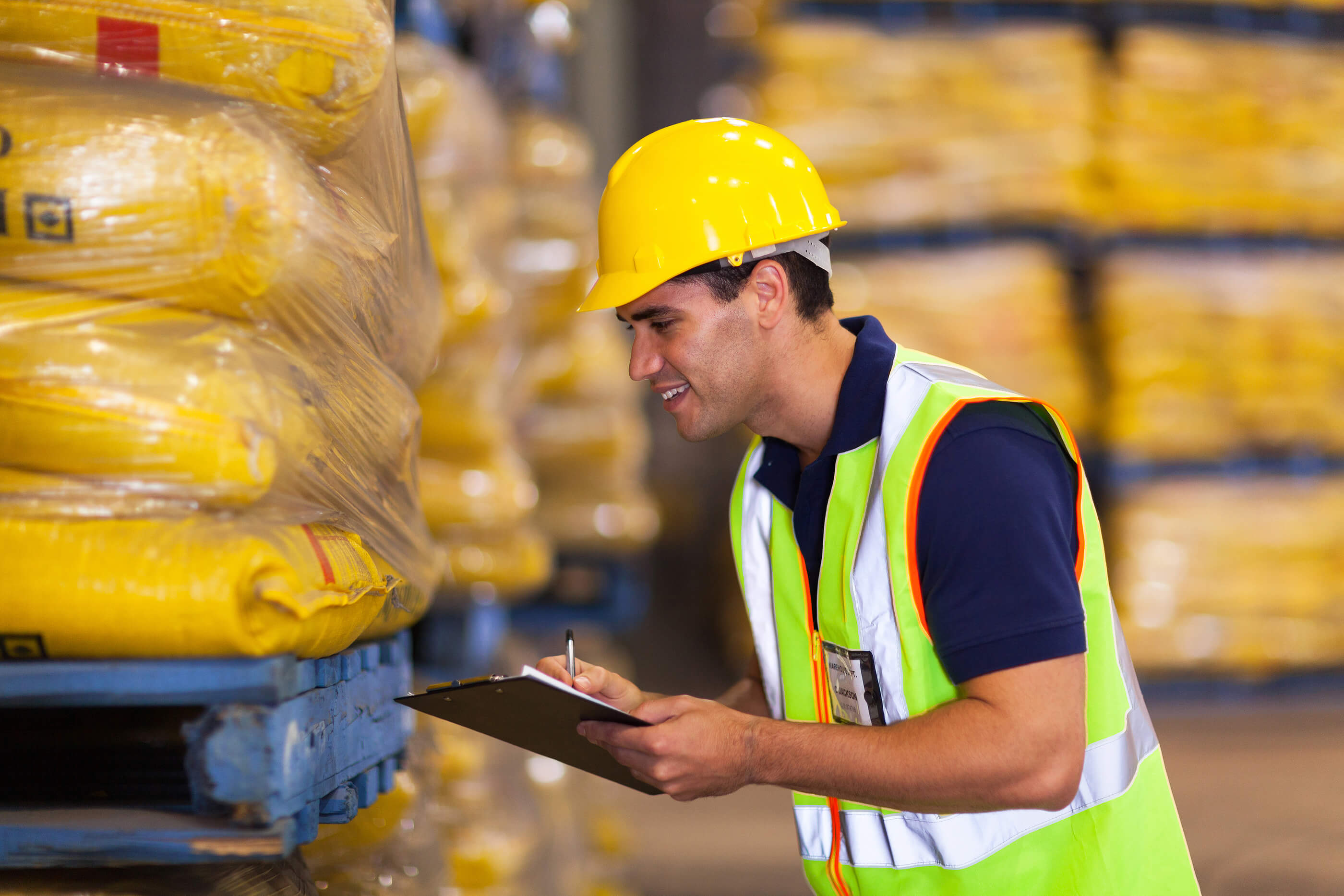The advantages of imported foods
When it comes to imported foods, public opinion is divided. There are groups and opinion-makers who claim that all imported foods are bad. They might say things like “imported foods bring diseases to our nation, as well as deprive people of work”. But, is this true or is it just politics? Let’s take a look at some of the advantages of imported foods and decide together.
Can we be sure that imported foods are safe for us and our loved ones?
First, let’s start with the daily diet of an average Canadian or US citizen. Because of the busy schedule most citizens have, they can not afford to individually select each and every ingredient and cook every single meal. Idealists would have us assume that we should all become a food aficionado growing each food ingredient ourselves in our back yard. Or “at least they would rather” we buy only raw ingredients from a local farmer’s market – and do all of our own cooking.
However such notions are unrealistic for most people and sooner or later, everyone buys half-cooked or cooked food. Fortunately though, this is why food licencing exists. A company that produces cooked or half-cooked food must have a food vendor’s license to be able to sell food. Hence, all food is thoroughly checked and safe to eat, even when you didn’t manually pick every ingredient and cook it yourself.
Secondly, a lot of the meals we like are a mixture of ingredients which come from other parts of the world. So, the taste of these meals wouldn’t be the same if we only relied on just American and Canadian ingredients. It is a simple fact that some types of food ingredients simply can not be produced in north america – as much as 60% of everything we eat is actually imported for a reason.
Of course, all imported food needs to be kept fresh and safe. This is why we have strict transportation rules, along with approved preprocessing techniques. Back in 2011, President Obama signed the Food Safety Modernization Act (worth $1.4 billion). Canada also has very strict restrictions and regulations – this means that only good-quality food can be imported.

Last but not least, we mustn’t forget we also produce foods that are afterwards exported worldwide. The food import and export flow is a business chain where both sides of the coin co-exist.
You may think we deprive our own people of work by importing foods, but that is simply not true. The import-export business includes transportation jobs, marketing jobs and selling positions, thus people are required to keep the process running.
Imported foods bring a lot of advantages:
Good quality foods
When foods are produced locally, we can’t always be familiar with their quality. Regulations on local food are less strict because there is less distrust. Ironically enough that means that local food isn’t quality controlled as much.
On the other hand, when foods are being imported, their quality is always checked and only the best products end up on our market. If a supplier tries to sell low-quality food, it will sooner or later be rejected.
Another guarantee that we eat good-quality imported foods is the fact that the reputation of the food importing companies is at stake. If these companies don’t get good feedback from consumers, they will do everything to change the supplier and start offering foods that people will enjoy eating.
Reduced costs
Even though it may not seem like it at first, if we do the math, we will see that we can save money buying imported foods in the long run. Why is that? Oftentimes, it’s cheaper to import and transport the food than it is to produce it locally. The dollar is more valuable in other countries. As a result, these countries sell their foods at lower prices, something we can take advantage out of.
Also, when a certain food is being imported in big quantities, its price is even lower and it keeps both producers and buyers busy. Bear in mind that even when food is being imported in big quantities, its quality is still checked.
Energy efficiency
Believe it or not, importing food is energy efficient. How? The energy used in Kenya to grow plants on a farm is much lower than the energy we use here for the same product. The energy used to ship the product is also lower.

Energy efficiency is good for the environment as well. Consuming imported foods, we save money, our government saves money, we protect the environment and give jobs to many people from all around the world.
More choices
Again remember, importing food gives people access to more choices. We can choose between several products and find the one we like the most. Our country’s climate and land don’t allow growing all sorts of fruits and vegetables throughout the year. It is thanks to imported foods that we can have fresh bananas, mangoes, tomatoes or potatoes anytime we desire.
Also, importing food doesn’t always mean buying foreign made products. Sometimes, the companies producing half-cooked food use foreign ingredients in the process. These ingredients are essential – they give foods the specific flavors we’ve grown to love so much.
But, when it comes to buying foreign food directly, there’s a wider range of qualities we can choose from. This encourages competition among food processing companies and they do whatever they can to create the best product. Of course, the result of this is increased food quality.
Economic growth
While some farmers and food producers think that importing food leads to a higher unemployment rate, let’s look at it this way: both importing and exporting food means opening job positions in new fields. In order to maintain the import-export flow, we need people who are going to make sure that the entire process functions well, while obeying all the aforementioned rules and regulations.
Meanwhile, our government gives subsidies to farmers. We currently pay $20 billion/year to farmers all throughout the country. That’s not the case in Africa, for example, since farmers there don’t get any subsidies.
Also, the number of people who are even interested in working as farmers is constantly decreasing. Younger generations want to have a rich lifestyle and live in fancy cities. This leads to a shortage of local food production, so getting imported foods is slowly, but surely becoming a necessity – not merely a choice.
All of this encourages economic growth, not just in our country, but on a global level. For example a study from Europe has shown that by creating a single market, there can be 300.000 – 900.000 additional jobs in the import and export sectors. Therefore, imported foods should be highly supported.

With over 44 years of experience, A & A is the leader in food import and export. If you want to make sure that your goods will be delivered safely, do not hesitate to get in touch with our experienced food team or meet us in person. We have offices in both Canada and the USA.

